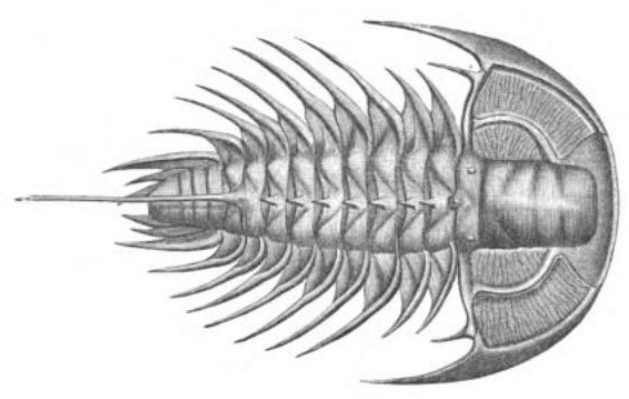Captain, Governor, and Weatherman

Robert Fitzroy became captain of the HMS Beagle at the ripe old age of 26. This was because the previous Captain, Pringle Stokes, had shot himself in 1828. The life of a naval captain wasn’t an easy one. The voyages away from home and loved ones were long, often years, and it was lonely. Captains dined alone.
Knowing this, when it came time for his second voyage as the Beagle’s captain in 1831, Fitzroy brought along a companion. One he’d just met. Charles Darwin. The funny thing was, he almost didn’t accept Charles on board. Fitzroy was a physiognomist, which meant one could judge a book by its cover. In this case, he wasn’t impressed by Charles’s nose. He felt Darwin might lack the stamina needed for an extended voyage across the world. In the end, Darwin’s inner character broker convinced the young captain all would be well, and Darwin was welcomed aboard.
Fitzroy harbored a dark secret. He suffered from depression and the occasional bouts of doubt. He was also concerned with his family’s predilection to suicide. His own uncle, Viscount Castlereagh, had killed himself by slitting his own throat a decade before. Fitzroy disguised his fears and doubts behind a veneer of control often cracked by bouts of anger.
These bouts and tiny eruptions put a strain on his relationship with Charles Darwin, a much quieter, more reserved man. As Darwin would later comment in a letter written to friend and botanist J.D.Hooker, Fitzroy’s mind “was quite out of balance once during our voyage.”
Years later, after Darwin had published On the Origin of Species in 1859, Fitzroy’s mental state began to deteriorate. An extremely religious man, Fitzroy couldn’t accept Darwin’s theories. Nor could he accept the part he felt he may have played in it. After all, had he not brought Darwin on board the Beagle decades before, he may never have had whatever epiphany he’d had. The heretical theory of evolution by natural selection would have died on the vine (although, unbeknownst to him, Alfred Russel Wallace was a close second in its discovery).
“I never knew in my life so mixed a character. Always much to love & I once loved him sincerely; but so bad a temper & so given to take offence, that I gradually quite lost my love & wished only to keep out of contact with him.”
– Charles Darwin in a letter to J.D. Hooker, May 4, 1865
If one were to wonder just how deeply Fitzroy was affected by all this, his dismay presented itself in all of its glory at the famous debate in 1860 between Thomas Huxley (and defender of Darwin) and Bishop Samuel Wilberforce. The debate took place at the British Association for the Advancement of Science. And there was Fitzroy – disturbed and aged – with a large Bible in hand and urging all who would listen to the word of God over that of man.
Life, and his fragile state of mind, began to take their toll. In an 1859 letter to the editor of the Athenaeum, Fitzroy remarked that he could not “find anything ‘ennobling’ in the thought of being a descendant of even the most ancient Ape”.
It would all prove to be too much for Fitzroy. Haunted by demons too loud to ignore, he took the only way out he thought available to him. On the morning of April 30, 1865, Fitzroy rose from a troubled sleep. It was Sunday and time for church. He left his room to kiss his daughter, who at the time was seven years old, and retreated to his dressing room and picked up his razor.
Robert Fitzroy was 59 years old.
It’s a sad tale and a tragic one. This isn’t all to say Fitzroy’s life wasn’t without accomplishment. It was. After serving as captain of the Beagle, he went on to become the Governor of New Zealand. He was later appointed to serve as the head of the very first meteorological office. It was in this capacity that he coined the term “weather forecast”.
“Never, I believe, did a vessel leave England better provided, or fitted for the service she was destined to perform, and for the health and comfort of her crew, than the Beagle.” – Robert Fitzroy
Sources:
- “Robert FitzRoy.” Darwin Correspondence Project, 1 Sept. 2017, www.darwinproject.ac.uk/robert-fitzroy.
